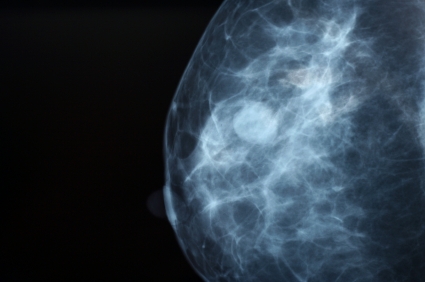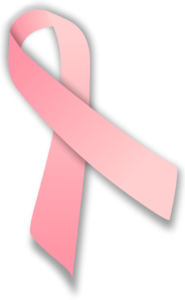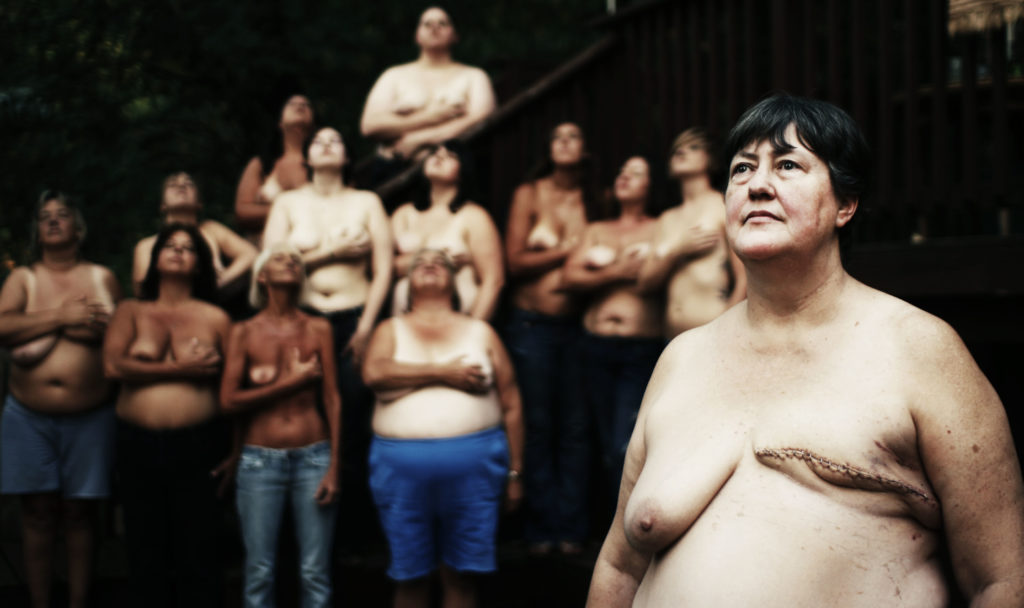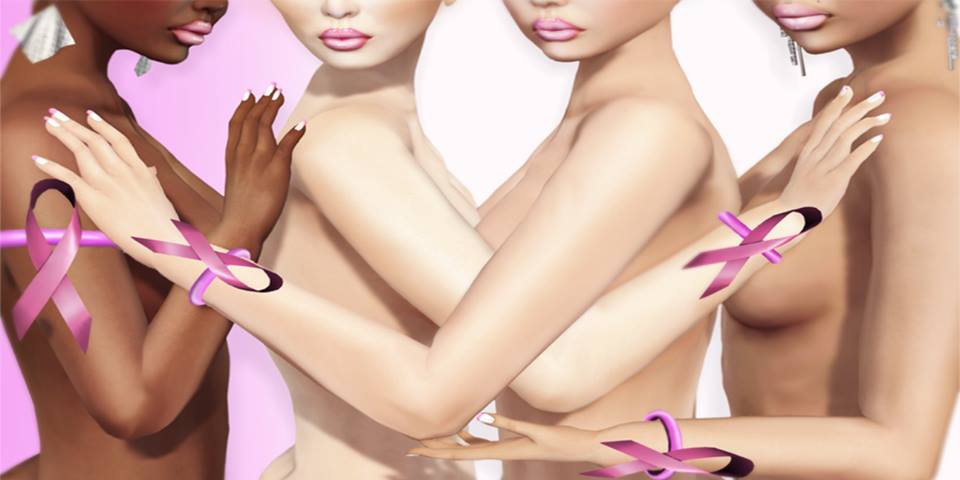“So exactly one month from now, it will be the fourth year since my mom started treatment for breast cancer,” one very close friend told me. “My mom posted this on her Facebook wall, in the same breath as her daily blurbs.”
“Really?” I asked him.
“Yes, she said that there’s one more year left for her medication and lab exams. She even told everyone that we [her children] have told her ‘to keep on fighting,’ and that ‘we’re here to support you all the way.’”
I wondered how my friend feels now, four years after learning his mom had cancer.
“It feels great to know that she’s in remission but there’s still a part of me that keeps on worrying if she’s alright,” he said. “Her cancer made us all depressed but we realized how important she is. It also made us think how to take care of ourselves as we’re also at risk.”
That good friend of mine has been sending money back home to provide for his mother’s medical needs. His other siblings, meanwhile, also chip in money and take care of other things for their mother.
When awareness translates into encouragement
The World Health Organization says breast cancer is the most common cancer type in women worldwide. In China, it is the most common malignancy and the fourth leading cause of cancer-related deaths among females.
Professor Zhang Baoning from the Cancer Institute at the Chinese Academy of Medical Science said that Chinese women who are getting the risk of breast cancer are getting younger. He also said that the prevalence of breast cancer in China is higher than that of Western countries.

“Breast cancer is the biggest threat to women’s physical and mental health,” Zhang told the press at the opening of OASIS International Hospital’s Breast Cancer Center on March 5, in time for the celebration of International Women’s Day. “Mammary glands are not an organ required to sustain life, so cancer in this area is not fatal. But when cancer cells from mammary glands spread to other organs like the lungs, bones, the liver, or the brain, they [cancer cells] can endanger life,” he added.
That’s where the importance of awareness comes in. Ana Coxixo, a student researcher from the UK, went to the free consultation event after the briefing. “I think it’s really, really important for everyone to know your own body. The women in my family had gotten cysts in their breasts so there’s a chance I can get that.”
The 25-year-old science researcher said that cancer doesn’t discriminate as everyone can get it even at an early age. “And understanding the risks doesn’t mean it should stop me from living. It just means that if I have the chance to be careful, then I will. I think you’re never too young to be checked,” Coxixo said.
Professor Zhang said that awareness is the first level of breast cancer prevention and management. The second level focuses on early detection, diagnosis, and treatment to decrease fatality rate. The last level is for improving the quality of life of late-stage patients
In 2013, Angelina Jolie, made headlines around the world after announcing she had undergone a preventive double mastectomy procedure. It came after learning she had a high risk of developing breast cancer due to her family history of BRCA1 (breast cancer 1) gene mutations. Her move raised global awareness of the importance of diagnosis and gene testing, especially for at-risk women, with the Time Magazine calling it “the Angelina Effect.”
“Breast cancer screening is recommended by the WHO as a secondary method of prevention. Early detection before the clinical onset in ‘healthy’ women is the best way to improve their survival rate and preserve their breast tissue,” Zhang said in the briefing.
Attitude and changes in life
After Zhang’s briefing, I met Emma (real name withheld at the request of the interviewee) who was waiting for her turn to get a free consultation from the specialist. I politely asked the Chinese lady if she had breast cancer, but she said she’s doing it for her 78-year-old mother, who was diagnosed with late-stage breast cancer in September 2016.
I was surprised. “So how’s your mother now? How is she dealing with it?” I asked Emma.
“No, she doesn’t know. We didn’t tell her about it. I know very much about my mother and she’s different in handling this kind of situation. So I chose not to tell her. But what we did do was to think of what we can do for her and then pray that she will recover,” Emma said.
I was surprised again after hearing her response. Though I felt her emotions (and saw her on the verge of crying), she held herself firm.
 My good friend told me they felt depressed after learning their mom’s condition so I asked Emma if they felt the same.
My good friend told me they felt depressed after learning their mom’s condition so I asked Emma if they felt the same.
The lady said they did not feel depressed but instead they started to think about life. “We cherish more our family and the times we are together. It seems that the end of her life is near, but even we are not sure when that happens,” she added.
“I formed an attitude towards this issue and I tell our family members to be optimistic, otherwise they will fall into depression.”
Zhang explained in the briefing that improving the quality of life of late-stage patients is one very important aspect of breast cancer management. He also said that in China, many breast cancer patients experience depression so it’s necessary for their doctors and family members to provide psychological support. “Patients need to realize and accept their situation. There are organizations where patients can share their experiences,” he added.
Groups like Pink Ribbon International, which has a China chapter, aim to support breast cancer patients and become a platform for awareness and funding. The Breast Cancer Center of OASIS International Hospital also provides consultations and will employ Multiple Discipline Treatment (MDT) that gathers the best specialist doctors for the holistic treatment of breast cancer patients.
Just recently, Google has announced it has used artificial intelligence to detect potential breast cancer tumors and achieved “state-of-the-art results.” Lily Peng, the project manager, told CNN that the software identify things that a human might otherwise miss. Google’s project is still a work in progress and CNN said that the internet giant “isn’t going to become your pathologist’s assistant tomorrow.”
Despite the advances in medical technology, Zhang still advises women to do self-examination of breasts and undergo regular breast screenings. For high-risk patients, he recommends that they should maintain regular check-ups.

Sources: WHO, American Cancer Society, Science Direct, OASIS International Hospital
Featured photo by Kiana Lexenstar via Flickr. Breast cancer awareness ribbon photo from Wikimedia Commons.
This post originally appeared on www.beijing-kids.com as a part of a series about International Women’s Day.
More stories of my stories here
Email: andypenafuerte@beijing-kids.com
Instagram: @coolkidandy
